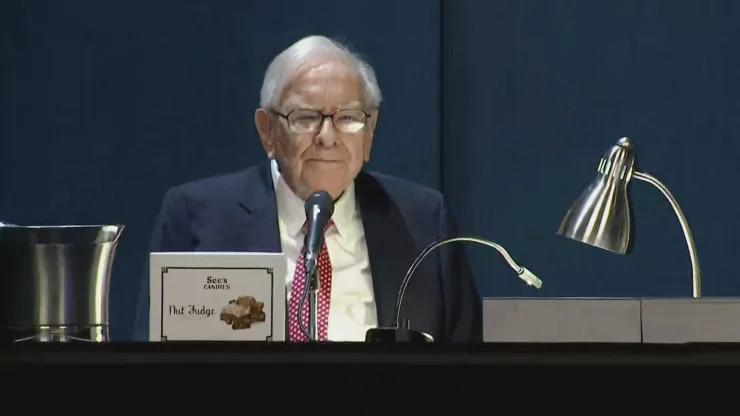Often, the IRS only attracts most people’s attention when it’s tax season. However, the IRS is actively working on government programs and improving government finances, something seen very clearly this week.
For example, the IRS has been cracking down on the Employee Retention Credit. The Employee Retention Credit was created in 2020 by former President Donald Trump to help provide companies with funds so they could keep paying workers during the COVID-19 pandemic, allowing companies to collect up to $26,000 per employee. However, it has now come to light that many of the applications, possibly up to 90%, were fraudulent, which may mean that much of the $230 billion paid out may have been incorrectly done so. To combat this, the IRS has frozen new applications while it audits recipients and inspects the remaining 1.4 million claims carefully.
The IRS also announced this week that it would be raising $50 billion by ending a major tax loophole for the wealthy. The new rules the IRS will be implementing will prevent businesses and people from engaging in partnership basis shifting, which is when assets are moved between parties to avoid paying taxes. Through this, the IRS expects to successfully tax these parties and raise $50 billion, which will help deal with the US’ enormous deficit and the $160 billion gap between what the top 1% of earners owe in taxes and what they pay.


